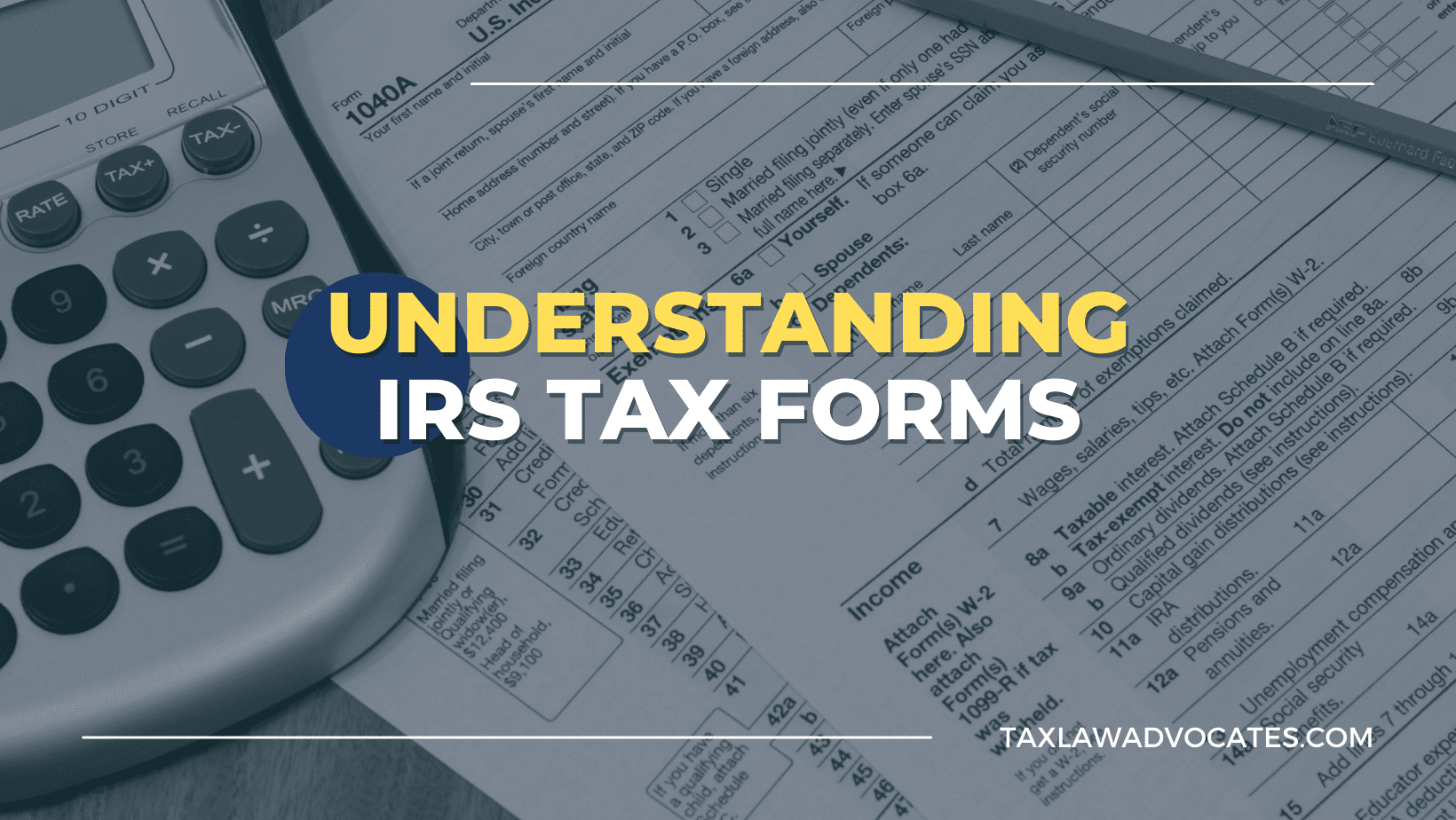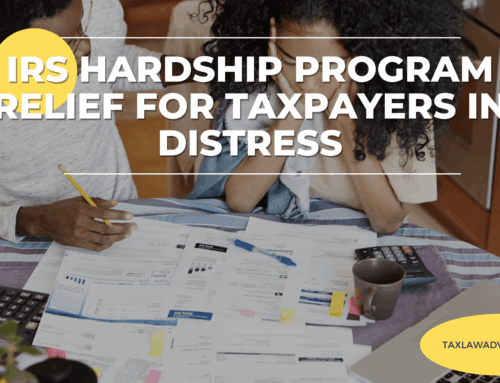IRS Form 8863: An Overview
IRS Form 8863, also known as the “Education Credits (American Opportunity and Lifetime Learning Credits)” form, is a tax form used by individuals to claim education credits on their tax returns. In this article, we will discuss who is eligible to claim these credits, what expenses qualify, how to fill out Form 8863, and answer some common questions related to this form.
Who is Eligible to Claim Education Credits?
Individuals who have paid qualified education expenses for themselves, their spouse, or their dependents in the tax year may be eligible to claim education credits on their tax returns. There are two education credits available: the American Opportunity Credit and the Lifetime Learning Credit.
The American Opportunity Credit is available for the first four years of post-secondary education, and provides a credit of up to $2,500 per year per eligible student. The Lifetime Learning Credit is available for all years of post-secondary education, and provides a credit of up to $2,000 per tax return.
What Expenses Qualify for Education Credits?
Qualified education expenses include tuition, fees, and course materials required for enrollment or attendance at an eligible educational institution. Room and board, transportation, and personal expenses do not qualify for education credits.
How to Fill Out Form 8863?
To fill out Form 8863, you will need to provide your name, Social Security number or taxpayer identification number, and the name of the educational institution where you or your dependent(s) were enrolled. You will also need to provide information about the expenses paid for each eligible student, including tuition, fees, and course materials.
The form includes worksheets to help you calculate the amount of education credit you are eligible for, and provides instructions on how to enter this information on your tax return.
Common Questions About Form 8863
Can I claim both the American Opportunity Credit and the Lifetime Learning Credit?
No, you can only claim one of the education credits per eligible student per tax year. You should choose the credit that provides the most benefit to you.
Can I claim education credits for courses taken online or at a foreign institution?
Yes, as long as the courses are taken at an eligible educational institution, and the expenses paid for tuition, fees, and course materials are qualified education expenses.
Can I claim education credits if I am claiming other education-related deductions or credits?
No, you cannot claim education credits if you are also claiming other education-related deductions or credits for the same student and expenses. You should choose the deduction or credit that provides the most benefit to you.
Do I need to attach Form 8863 to my tax return?
Yes, Form 8863 should be attached to your tax return to claim education credits.
Consult a Professional with Questions
IRS Form 8863 is an important form for individuals who have paid qualified education expenses for themselves, their spouse, or their dependents in the tax year. It allows taxpayers to claim education credits on their tax returns, which can provide significant tax savings. If you have questions about Form 8863 or your eligibility for education credits, it is best to consult with a tax professional or qualified accountant. They can provide personalized advice and guidance based on your specific situation, and help you navigate the often complex and confusing world of taxes and the IRS.
Note that the information in this article is intended for general informational purposes only and should not be construed as tax or legal advice. Each situation is unique, and it is recommended that you consult with a qualified tax professional or attorney to obtain specific advice for your situation. By understanding the requirements and guidelines for using Form 8863, you can ensure that you are in compliance with tax laws and regulations and take advantage of the tax benefits available to you.
If you need assistance with Form 8863 or other education-related tax issues, consider seeking help from a qualified tax professional. They can help you navigate the complex rules and requirements for claiming education credits, and ensure that you are taking advantage of all the tax benefits available to you.
Remember that the information in this article is for general informational purposes only and should not be construed as tax or legal advice. Each situation is unique, and it is recommended that you consult with a qualified tax professional or attorney to obtain specific advice for your situation.If you’re struggling with IRS tax debt or have tax-related questions, Tax Law Advocates is here to help. For over two decades, our experienced team of federally licensed enrolled agents, tax attorneys, and accountants have been dedicated to helping clients across the nation. We provide excellent representation, honest communication, and a commitment to excellence. Our firm has an A+ accreditation from the Better Business Bureau and an AAA rating from the Business Consumer Alliance. If you owe $10,000 or more in IRS tax debt, contact Tax Law Advocates at 855-612-7777 to schedule a consultation and get the help you need. Don’t let tax troubles consume your time and energy, let us help you achieve the peace of mind you deserve.






